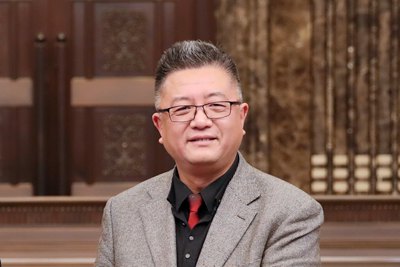
Abstract: In recent years, Western countries, led by the United States, have frequently employed unilateral trade sanctions internationally to suppress and restrict other nations, attempting to maintain their hegemony and secure geopolitical gains. China, regarded by the United States as its greatest strategic competitor, has become one of the primary targets of such trade sanctions by the US and its Western allies. To effectively counteract these illegal unilateral sanctions and safeguard its sovereignty, security, and development interests, China has established a counter-sanctions legal system with Chinese characteristics. The Decision of the Third Plenary Session of the 20th Central Committee of the Communist Party of China calls for the improvement of mechanisms for counter-sanctions, anti-interference, and resisting “long-arm jurisdiction", thereby providing a clear direction for the future development of China's counter-sanctions legal framework. This paper first analyzes the international legal principles of sanctions and counter-sanctions, revealing that the unilateral sanctions imposed by the US and Western countries lack legitimacy due to the absence of authorization by international treaties and customary international law. The legitimacy of counter-sanctions stems from the inherent right granted by international law for states to protect themselves from unlawful harm, while also emphasizing that counter-sanctions must comply with relevant international legal rules. China has already established a relatively comprehensive multi-layered, multi-dimensional, and targeted" counter-sanctions legal system. However, there remain weaknesses in this system, such as vague and overly general provisions, unclear paths for victim compensation lawsuits, and difficulties in applying disruption measures in counter-sanctions. To implement the strategic objectives outlined in the Decision, efforts should be made to strengthen supply chain legislation, refine the legal provisions on sanctions, enhance the coordination between various legal frameworks and the practical applicability of legal provisions, promote international cooperation through multilateral platforms, and further improve the international legal rules on counter-sanctions, thus providing China's approach to the fight against sanctions within the international rule of law.
Keywords: sanctions; counter-sanctions; the international rule of law; China's approach; law of supply chain
Authors: LIU Jingdong, research fellow, doctoral supervisor and head of International Economic Law Department of CASS Institute of International Law; LEI Xiaotian, doctoral candidate, Law School of the University of CASS;
Source: 4 (2025) Supply Chain Management.



